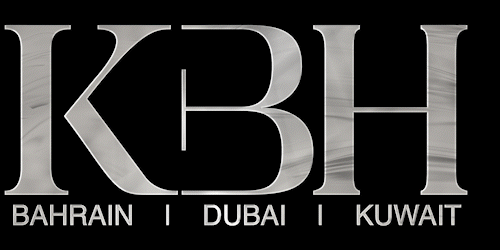
DIFC Proposes Key Legislative Amendments to Enhance its Regulatory Framework
The Dubai International Financial Centre (DIFC), a global financial hub in the Middle East, Africa, and South Asia (MEASA) region, has unveiled a set of proposed amendments to its Employment Law, Trust Law, Foundations Law, and Operating Law. These proposed changes are designed to align DIFC’s legal framework with international best practices and OECD requirements while reinforcing the Centre’s commitment to maintaining a transparent and robust regulatory environment.
Strengthening the Employment Law
One of the significant proposed amendments pertains to the Employment Law. DIFC aims to amend Part 10 of the existing law, imposing an obligation on DIFC employers of eligible GCC nationals to make “top-up” payments into a Qualifying Scheme in addition to the GPSSA contributions. This initiative seeks to ensure that DIFC employers compensate the difference between what would have been payable into a scheme if the employee were not a GCC national and what is paid under the GPSSA. To streamline this process, monthly payments are subject to a de minimis threshold of AED 1000. Furthermore, the proposed amendments address scenarios where sanctions prohibitions prohibit a Qualifying Scheme from accepting contributions from an employer or employee.
Enhancements to Trust Law and Foundations Law
DIFC also proposes crucial changes to the Trust Law and Foundations Law to reinforce the jurisdiction of DIFC Courts over the administration of DIFC Trusts. This step aims to exclude foreign courts and aligns with global best practices. Additionally, the proposed amendments to the Foundations Law extend the role of Registered Agents, allowing them to collaborate with the Registrar of Companies (RoC) to offer specific compliance services on behalf of Foundations.
Refining the Operating Law and Operating Regulations
To meet OECD requirements, DIFC intends to make amendments to the Operating Law, focusing on record retention obligations following the winding up of an entity. Additionally, the definition of “Privileged Communication” will be updated to maintain alignment with international standards. Furthermore, amendments to the Operating Regulations will empower the RoC with specific authority to address late-night bars and restaurants that may disrupt other DIFC tenants through noise or other anti-social behaviour.
Jacques Visser, Chief Legal Officer at DIFC, expressed the Centre’s commitment to international standards and common law principles, stating, “DIFC’s world-class legal and regulatory framework is based on international standards and principles of common law. The proposed amendments will ensure the Centre’s laws continue to meet global best practice while catering to the unique needs of the region. At DIFC, we are committed to providing an optimal regulatory environment for financial services and related industries to grow and develop, and will continue to maintain a transparent framework in line with international standards.”
The proposed regulations are now open for a 30-day public consultation period, with the deadline for submitting comments set for September 29, 2023.
KBH: Pioneers in DIFC Law
KBH, an award-winning law firm, has been a cornerstone of the DIFC since its inception, earning a reputation for its pivotal role in precedent-setting cases within the DIFC Courts. We are recognised as a leading authority in the fields of DIFC lAlw, in particular, employment, compliance and dispute resolution.
With consistent high rankings by Chambers and Partners and Legal 500, KBH seamlessly combines unparalleled expertise with an unwavering commitment to delivering exceptional legal solutions. Our team is dedicated to helping you navigate the ever-evolving legal landscape with precision and innovation. Whether you need guidance, representation, or tailored legal solutions, KBH is here to support your specific requirements. Contact us today to explore how our expertise can serve your legal needs effectively.

